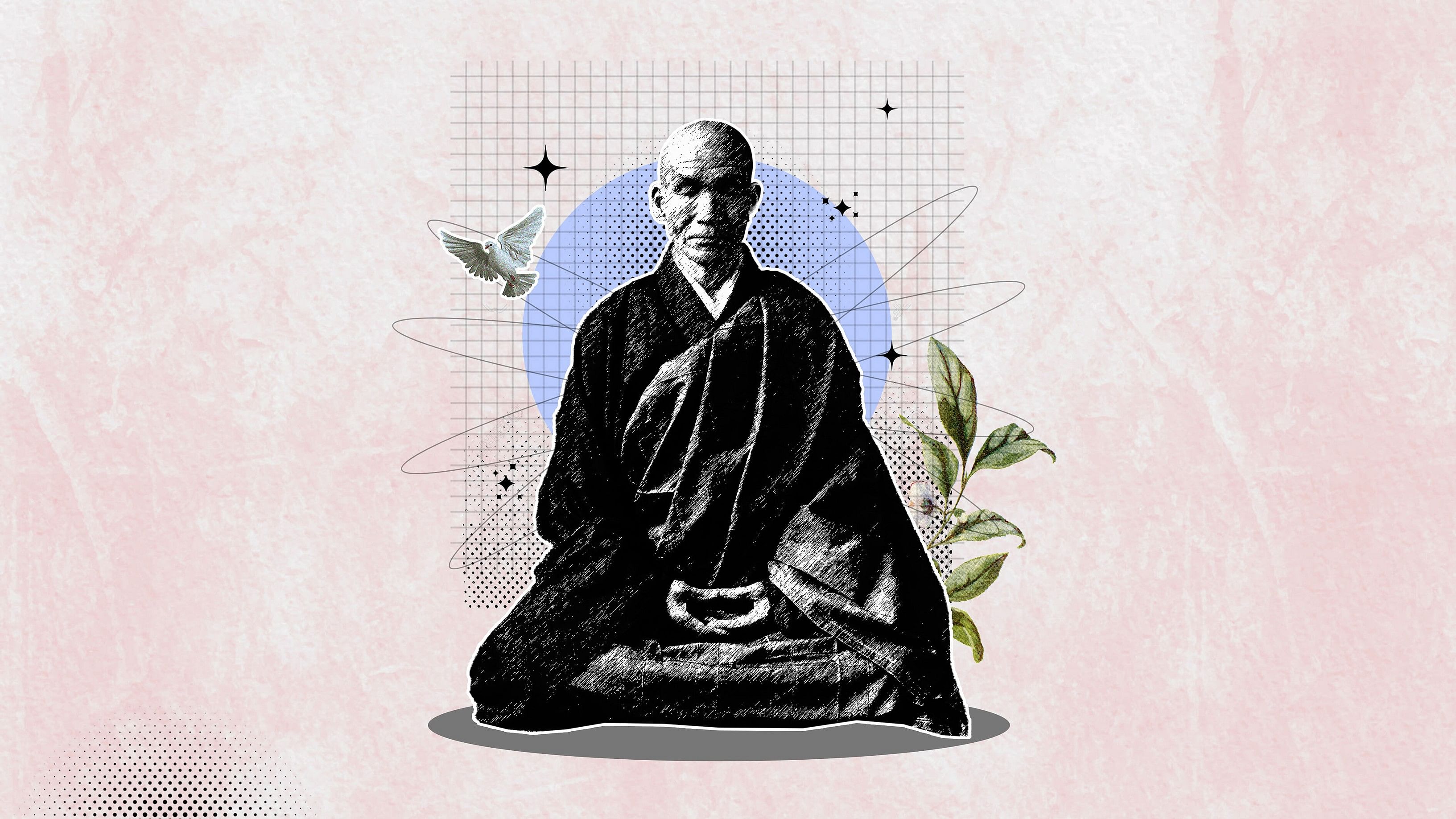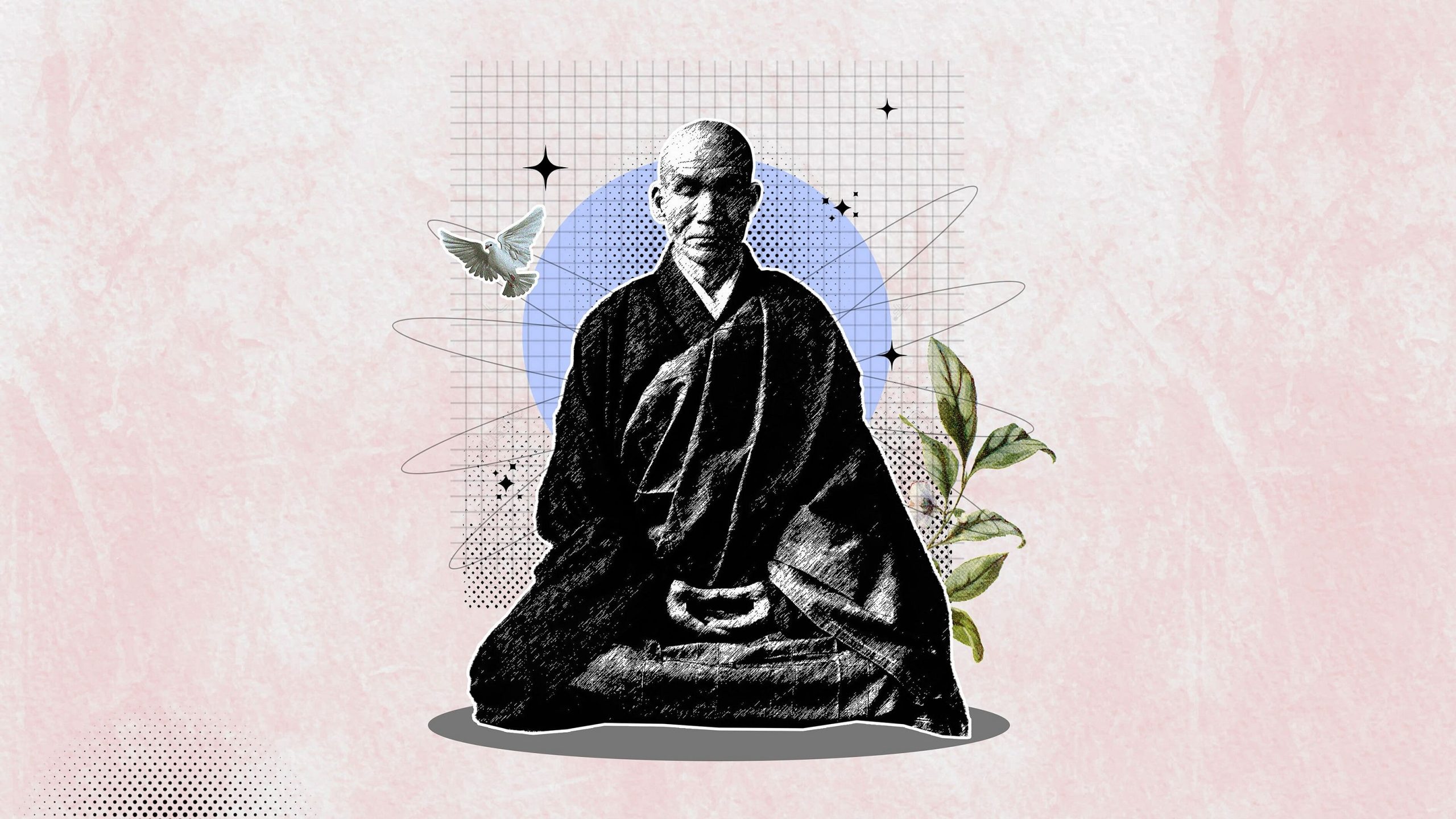
# If You Feel Like It’s Not Working, That Doesn’t Mean There’s No Hope: A Candid Examination of Meditation for Mental Health
In our quest for improved mental and physical health, we frequently encounter paths littered with challenges and diversions. Many individuals who engage in practices such as meditation may anticipate immediate outcomes—a serene mind, an uplifted spirit, a tranquil heart. But what occurs when your experience seems like it’s “not working”? What if meditation feels perplexing, uncomfortable, or even obligatory?
The reality is: this is entirely normal.
This article explores the genuine highs and lows of adopting meditation, particularly when the initial phase feels more disheartening than empowering. But keep in mind: “If you feel like it’s not working, that doesn’t mean there’s no hope.”
—
## The Start is Often the Toughest
Initiating meditation can resemble the experience of going to the gym for the first time—you might feel out of your element, uncertain about what to do, and possibly doubtful of the outcomes. The chatter in your mind may become more pronounced when you first find stillness. The tension in your body may feel heightened. This doesn’t imply you’re doing it incorrectly. It signifies you’re human.
A crucial aspect of commencing a meditation practice is embracing mindfulness and self-acceptance principles. Before you can ground yourself in your breath or observe your thoughts without criticism, it’s essential to accept your current state—even if that state feels anything but calm.
—
## A Highly Personal Experience
Meditation is not a one-size-fits-all approach. Just as we all have unique learning styles, we all have differing meditation practices. Some individuals may excel with silent breathing techniques, while others might feel more attuned with guided meditations or meditative movements like yoga or walking.
If you come from a background that didn’t promote vulnerability or self-examination, meditation may initially seem uncomfortable or even inauthentic. And that’s perfectly fine.
Resistance to meditation frequently arises from entrenched beliefs or social contexts. For instance, individuals raised in conservative or non-spiritual environments might find meditation “odd,” perceiving it as something unusual or excessive. Recognizing the source of these feelings can be a significant step toward healing.
—
## Experimentation is Essential
There isn’t a singular method to meditate. And if remaining still and focusing on your breath isn’t resonating, you still have alternatives.
Consider exploring these different techniques:
– 🎧 Guided meditations (utilizing apps like Headspace, Calm, or Insight Timer)
– 🎼 Sound bath or sound healing meditations
– 🌅 Visualization exercises
– 🧘 Body scan meditations
– 🌳 Passive sensory meditation (tuning into your environment)
– 🔢 Breathing methods (counting inhalations and exhalations)
– 👃 Alternate nostril breathing (a yoga-inspired calming approach)
– 🎶 Meditating accompanied by soothing music
– 💓 Rhythmic breathing coordinated with music
Trying various styles assists you in discovering what emotionally and physically resonates with you. Just as not every workout fits every body, not every meditation aligns with every mind.
—
## The Mind Functions Like a Muscle
Visualize your mind as a muscle: it strengthens through practice and repetition. Meditation isn’t about attaining instantaneous bliss. It’s about enhancing your capacity to observe, pause, and respond thoughtfully, rather than reactively.
When you sit down to meditate and your thoughts start to race—congratulations. You’ve just become aware of your mental habits. That’s a victory.
When you refocus on your breath after a distraction—another victory.
Every time you engage in your practice, you’re cultivating resilience, even if it doesn’t seem evident.
—
## Don’t Quit Because It Seems “Difficult”
“If you want to conquer the anxiety of life, live in the moment, live in the breath.” — Amit Ray
This quote encapsulates the essence of what meditation offers: a route back to the present. However, when anxiety feels insurmountable or motivation is lacking, even taking the first step may seem daunting.
Keep in mind: meaningful practices often yield subtle initial results. It might materialize as a small shift, such as becoming less reactive during discussions, finding it easier to sleep, or experiencing a fleeting moment of calm while taking your dog for a walk. These small triumphs accumulate, and with persistence, they can lead to significant transformations.
—
## Final Thoughts: You’re Not Alone, and It’s Okay to Face Challenges
The journey toward mental and physical well-being is intricate and individual. Meditation is one tool among many that doesn’t necessitate perfection or even daily consistency to be effective. What it requires is kindness—for yourself and your journey.
So if you find yourself in struggle, remember this: you’re not failing. You’re in a learning process. Continue trying, continue breathing, and continue showing up for yourself in small, gentle ways.
For even when it feels ineffectual, there’s always hope.
—
🧘♀️ Looking to embark on or
